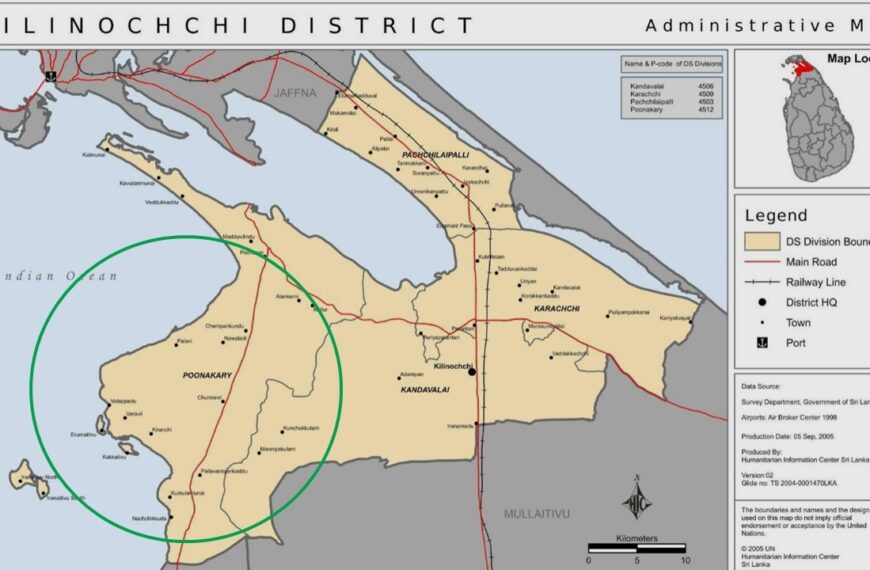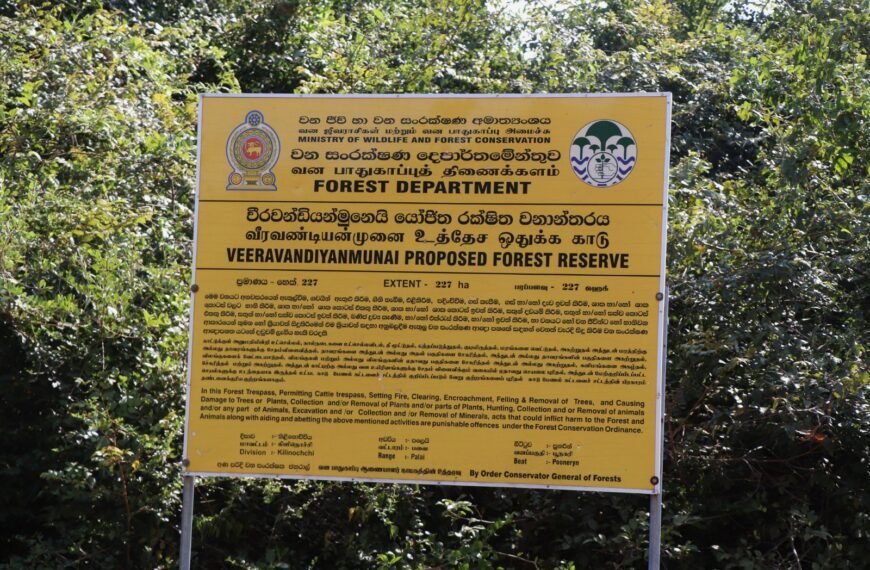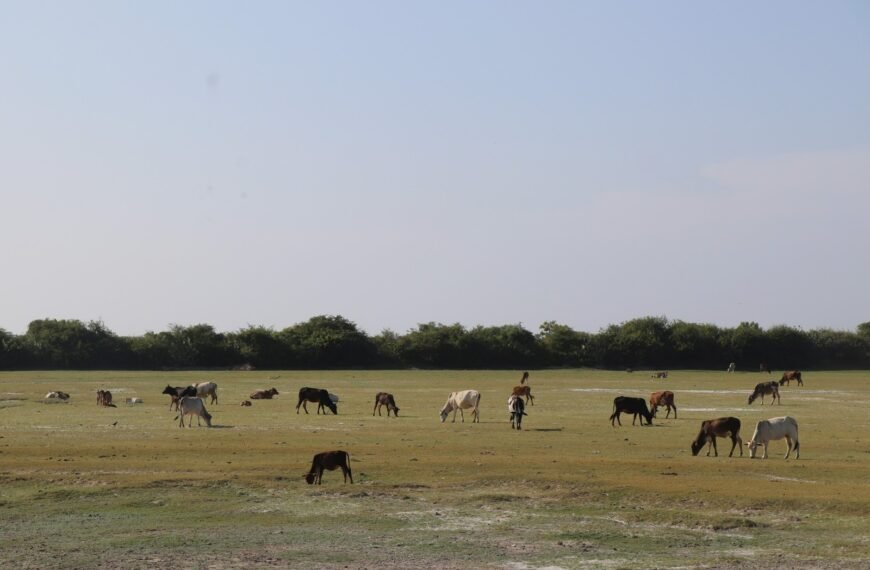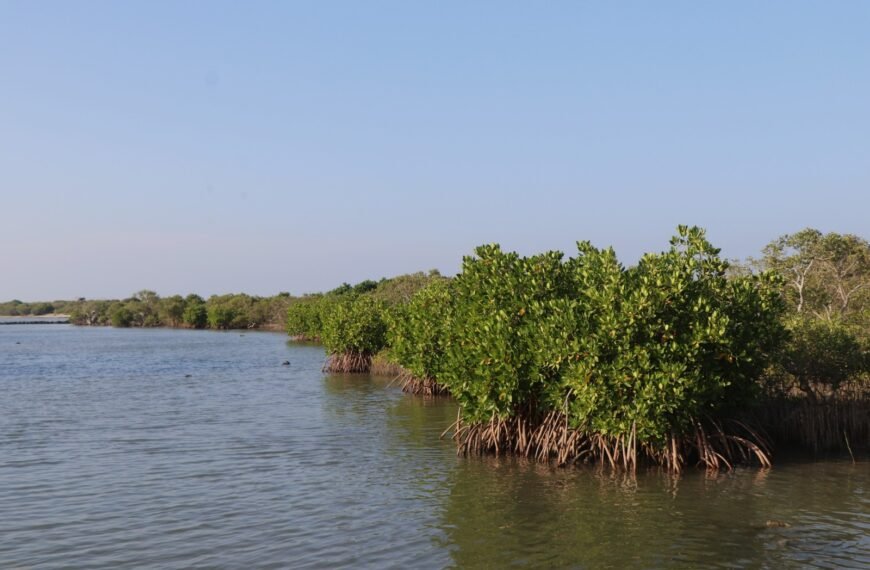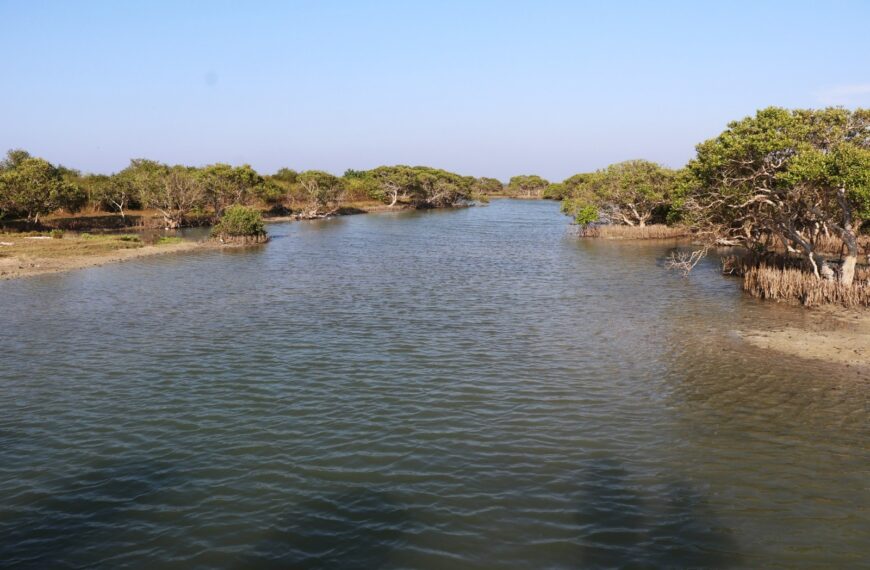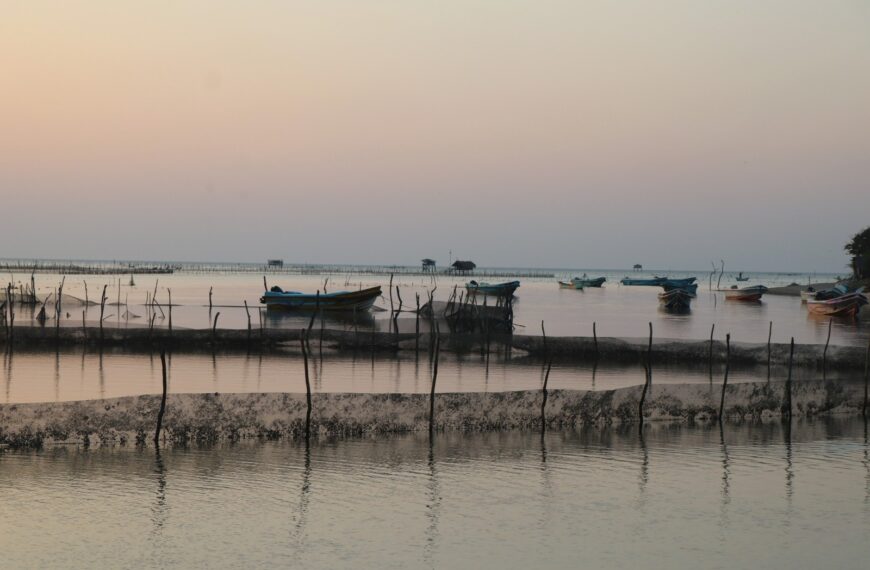Sri Lanka: Social movements decry large-scale land grab in Kilinochchi for limestone excavation
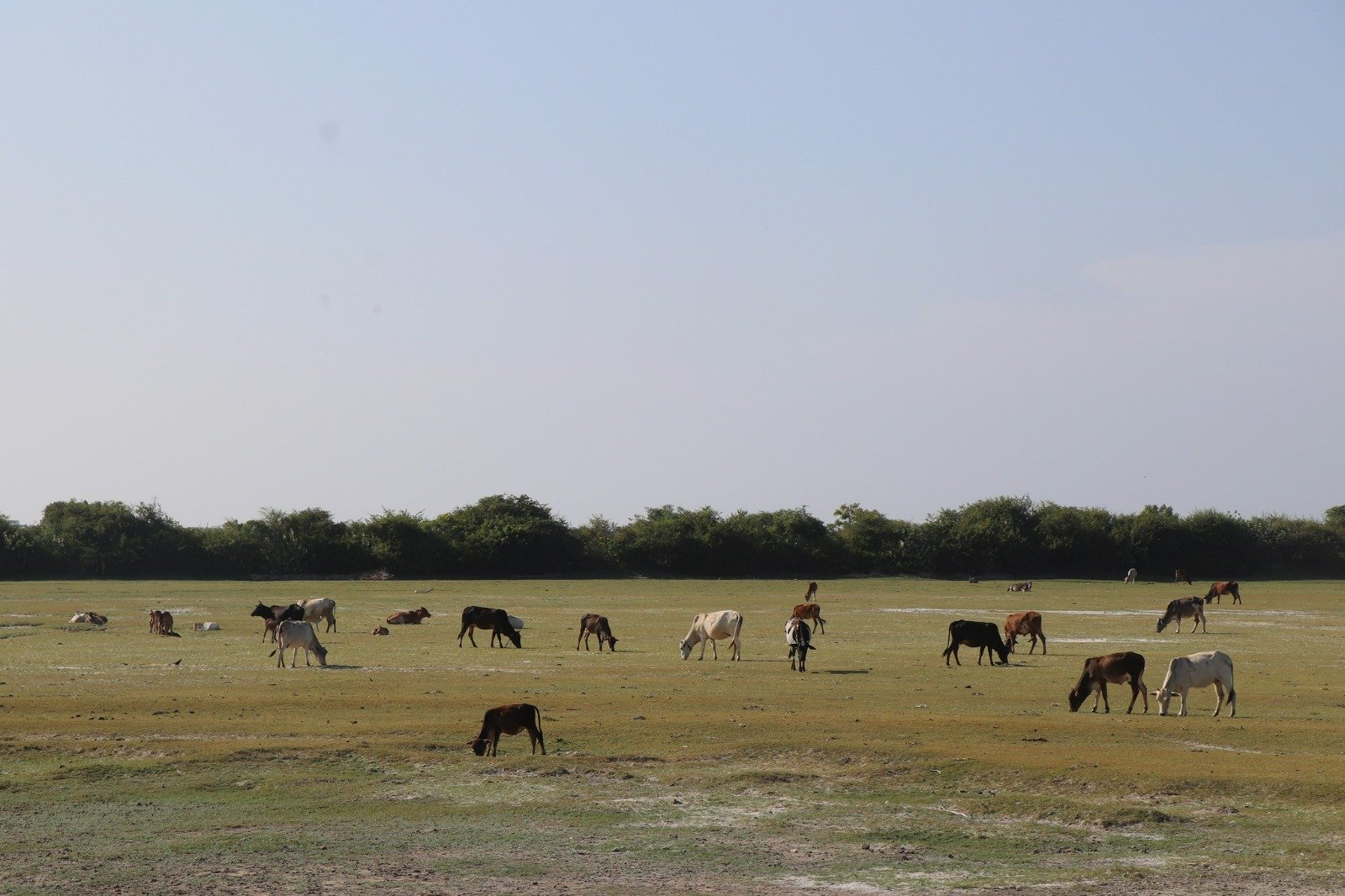
The People’s Alliance for the Right to Land, an umbrella network of social movements, civil society organizations, and land rights activists in Sri Lanka, has warned of a large-scale land grab in Kilinochchi district for mineral exploration purposes.
In a comprehensive report filed by activists from MONLAR, a member of LVC in Sri Lanka, they highlight Tokyo Cement Company’s controversial project valued at $500 million in Kilinochchi District, Sri Lanka. This project involves acquiring 3,000 acres of land for limestone excavation and cement factory construction, despite significant environmental and social impacts.
The movements allege that Tokyo Cement has commenced construction without formal approval, displacing over 3,100 families who rely on agriculture, fisheries, and animal husbandry in the Ponnavali and Kiranchi Gramaniladhari domains. MONLAR alerts that affected communities, who sustain themselves through paddy farming, fishing, and animal husbandry, face imminent loss of livelihoods due to land expropriation.
According to MONLAR’s report, the company obtained a mineral exploration license in 2012, allowing extensive borehole drilling to identify limestone deposits. However, commencing the project without conducting Environmental Impact Assessments (EIA) violates Sri Lanka’s National Environment Act and Coastal Conservation Act. These laws require EIAs for projects impacting forests, coastal zones, and cultural sites to mitigate ecological and community disruptions.
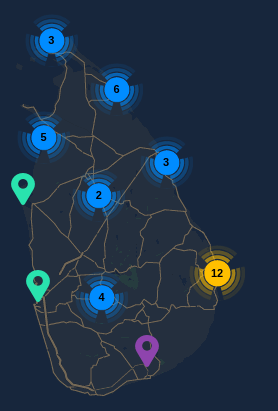
The affected area includes critical ecosystems such as mangroves, salt marshes, and lagoons that support diverse marine life and migratory birds. Tokyo Cement’s activities threaten these habitats and risk exacerbating groundwater salinization, crucial for agriculture and animal husbandry. Additionally, deforestation for mining could escalate human-elephant conflicts by disrupting elephant habitats.
Critically, MONLAR notes that the project is proceeding under political influence, reminiscent of controversial developments during former President Mahinda Rajapaksa’s tenure, including the Uma Oya Multipurpose Project, Magampura Port, and Mattala Airport, which have a history of circumventing environmental regulations.
The company’s actions not only violate domestic laws but also contravene international human rights principles. By disregarding the rights to livelihood, property, and information, the project undermines local communities’ fundamental freedoms and violates Sri Lanka’s constitutional obligations to protect the environment.
Civil society members warn that Tokyo Cement’s project in Kilinochchi poses a grave threat to local ecosystems and communities, highlighting systemic failures in governance and environmental protection. Addressing these issues demands adherence to legal frameworks, transparency in decision-making, and active citizen engagement to defend rights and preserve Sri Lanka’s natural heritage.

